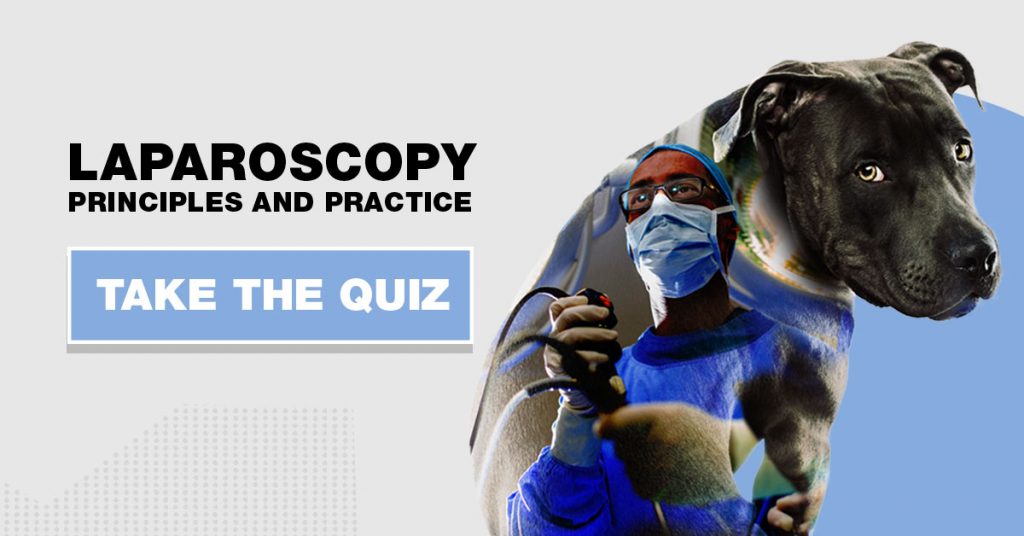What do you get when you cross a veterinary surgeon with a fine dose of good humour? Dr Brenton Chambers!
Dr Chambers is a UQ graduate with a mixture of general, emergency and referral practice experience, a stint as a lecturer at the University of Melbourne in Small Animal Surgery, and he’s a Fellow of the Australian and New Zealand College of Veterinary Scientists.
Brenton will lead the education team in the 2020 Laparoscopy Workshop at Gatton on February 7-9th 2020. We spent a little time getting to know Brenton a little better and hope you enjoy his insight as much as we do:
What do you like to do for fun?
I enjoy photography, woodwork, music and reading.
How do you spend your days off?
Trying not to worry about surgery.
In you own words, what is it about Laparoscopy that you find interesting and that you believe general practitioners would benefit from learning from and performing better?
Laparoscopy and laparoscopic -assisted procedures provide an avenue to access the peritoneal space via a minimally invasive approach with unparalleled visualization and illumination whilst minimizing the morbidity inflicted on our patients. It has a learning curve like any other procedure and some capital expenditure is required, but once the basic techniques are learned, the principles (and also the equipment) can be applied to many situations.
What have you learned from experience that you didn’t learn from a textbook? What practical advice would you offer fellow vets?
Surgery, more than most disciplines has a significant manual component. Whilst the concepts and cerebral component can be learnt from a textbook, the fine nuance of any surgical procedures are learned from doing and watching others doing the same procedure. Practical courses provide a good introduction, but finding an experienced and skilled mentor is invaluable and will allow you to fine tune your techniques and troubleshoot your complications.
What procedure/technology/medication have you used and realized that there was a better alternative?
Intra-corpeal suturing without needle drivers.
What practical surgical tips you’ve learned from experience would you share with general practitioners?
When performing surgery on large, land-based predators which have been anaesthetized by some-one else, know where the exits are and don’t be the slowest person in the room.
What advice would you give new graduates?
Find a supportive environment in which to work, ideally with a mentor. Keep in touch with your peers to help support each other. Don’t stay in a situation that doesn’t suit you.
If you want to learn more about Laparoscopy this is the workshop you don’t want to miss! Dr Brenton Chambers, Dr Peter Delisser & Dr Kathryn Duncan are combining their expertise and we’re keen to share it with you. This workshop is proving to be very popular so don’t delay! Register HERE for the Laparoscopy: Principles and Practice Workshop at Gatton on February 7-9, 2020.
Dr Brenton Chambers can be contacted at
Centre for Animal Referral & Emergency
Email: [email protected]
Other interesting reads:
Dr Brenton Chambers’ experience, publications and awards
A peek into Laparoscopy with Dr Peter Delisser
Brochure: Laparoscopy Workshop 2020

